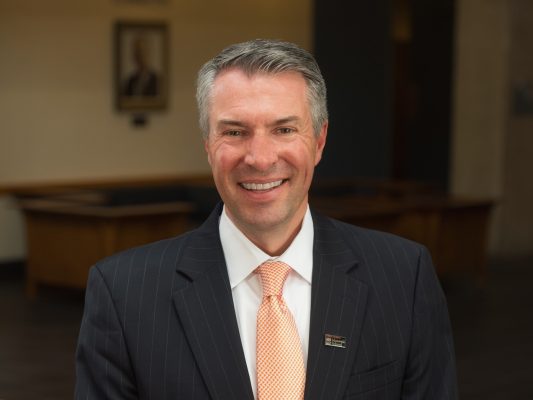Iran Escalation: Experts Available This Week
If you’re covering the latest developments with Iran and their impact on Israel, the U.S., China, Russia, global supply chains, and more, Syracuse University faculty experts are available for interviews this week. Below, you’ll find a list of experts along…


